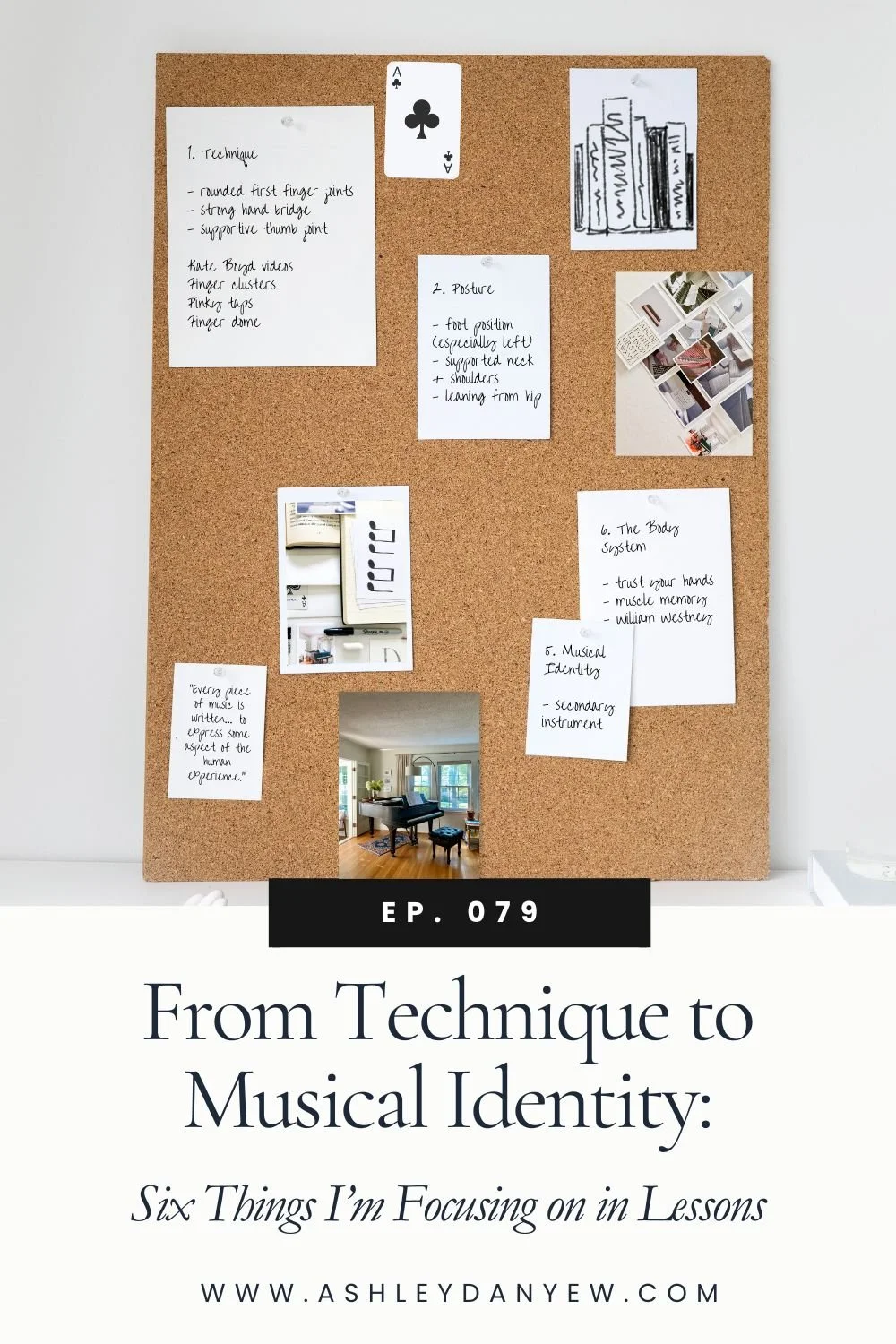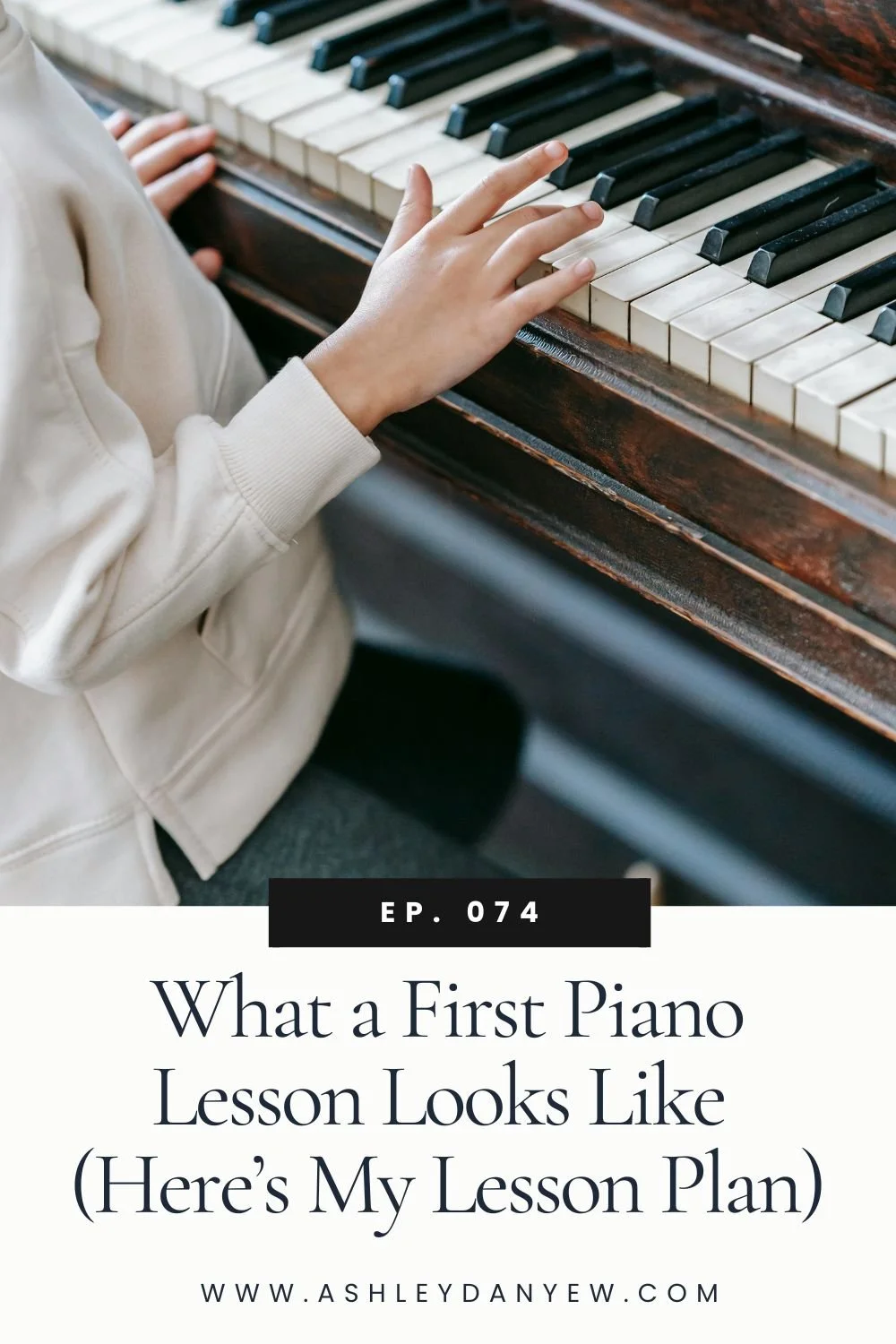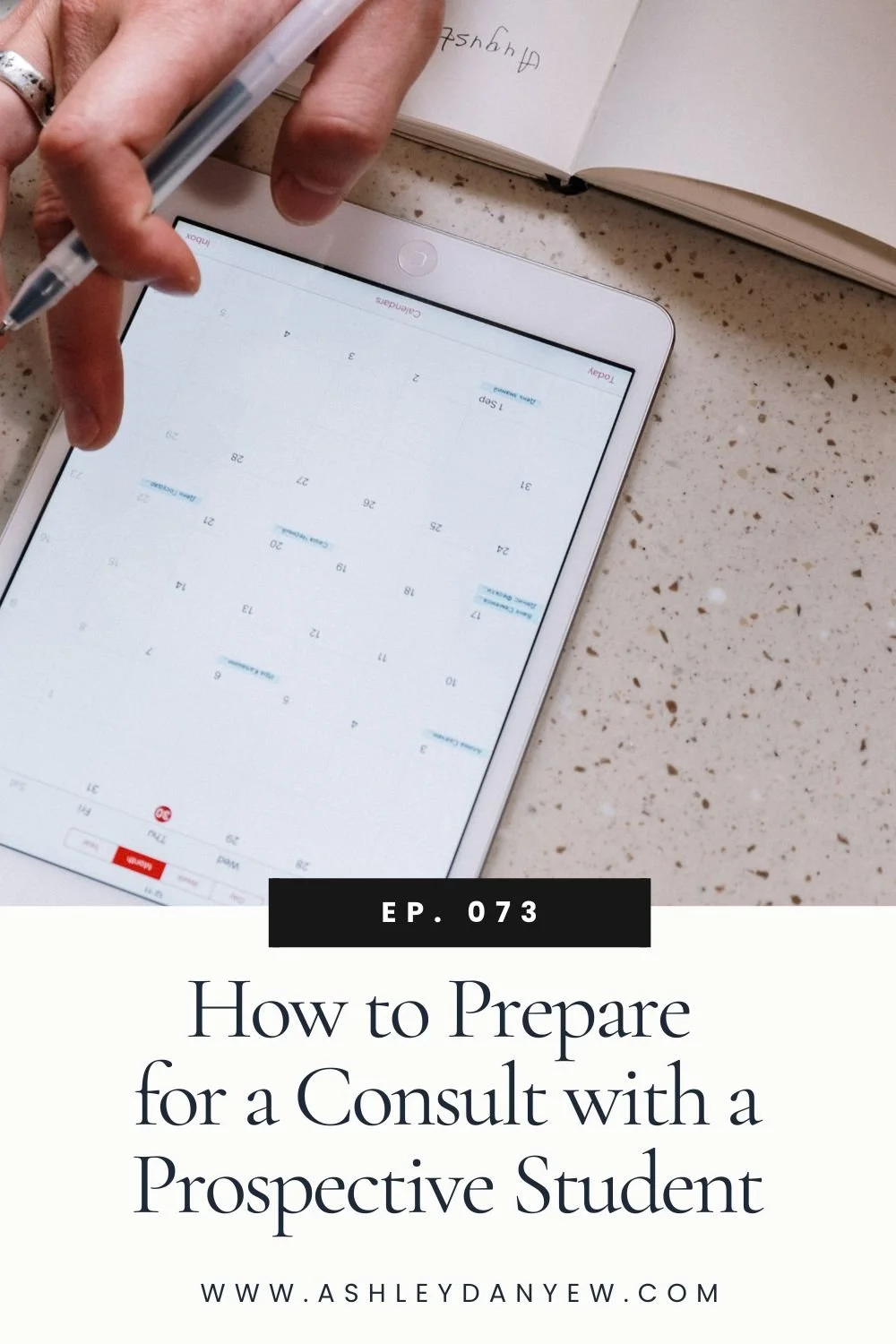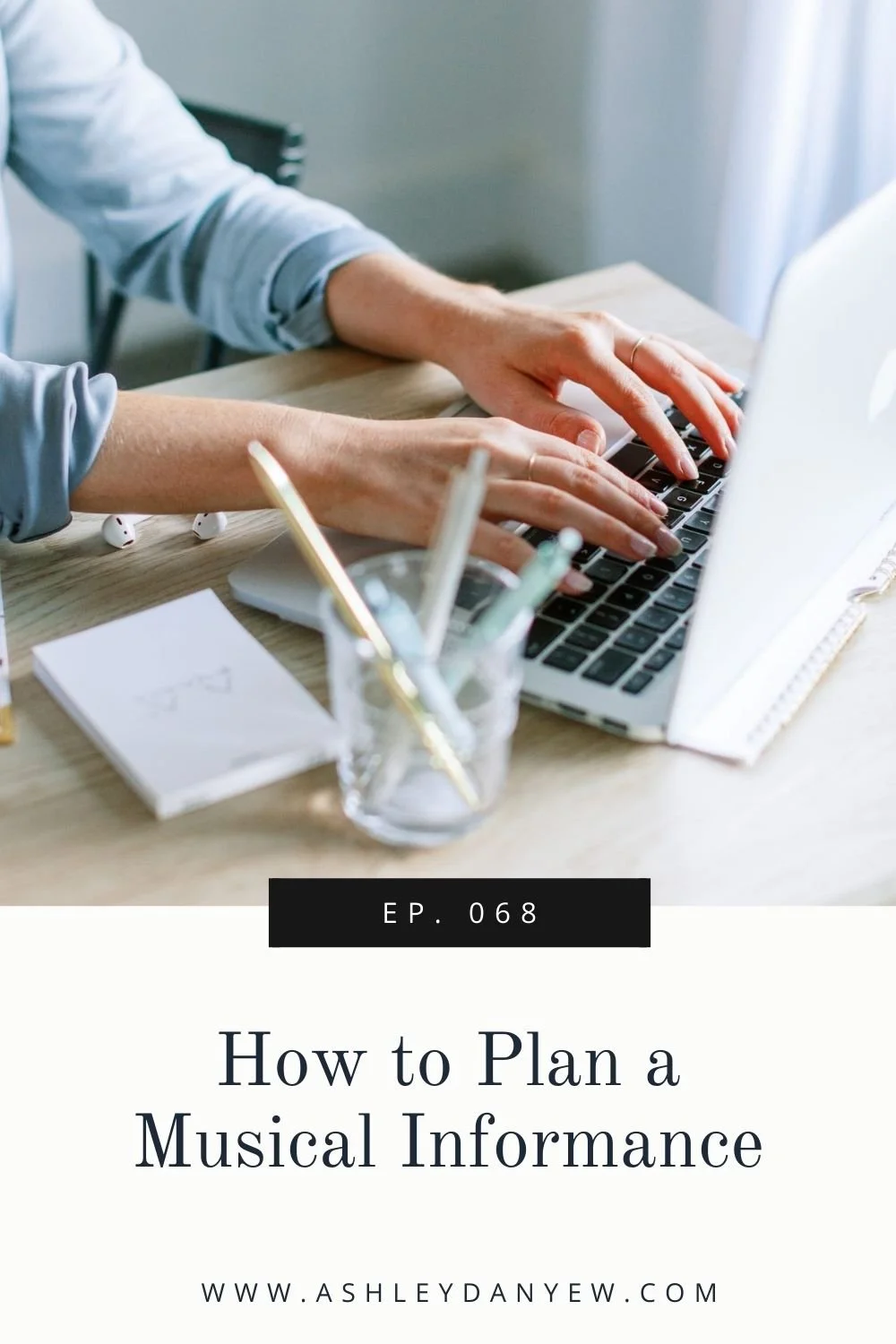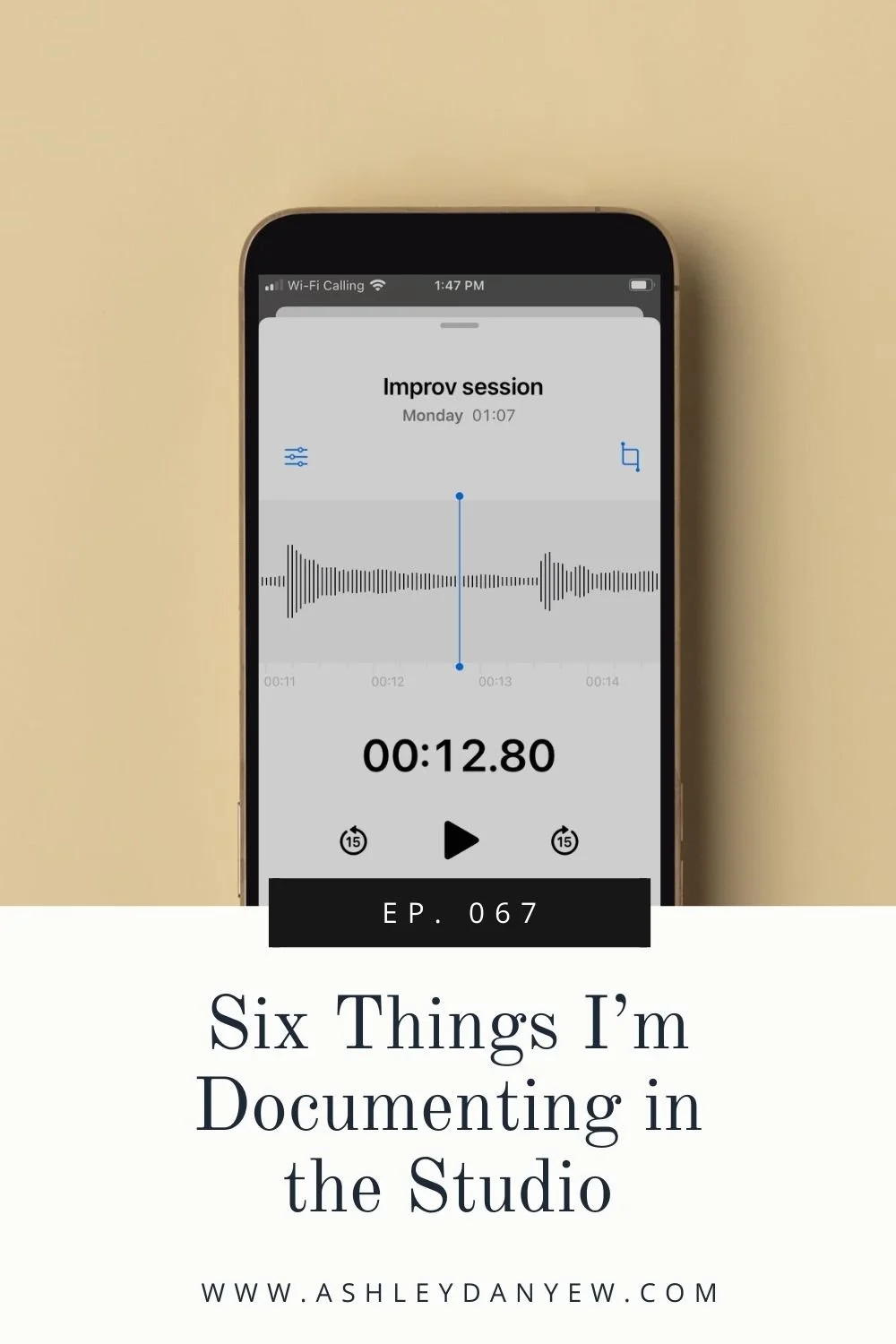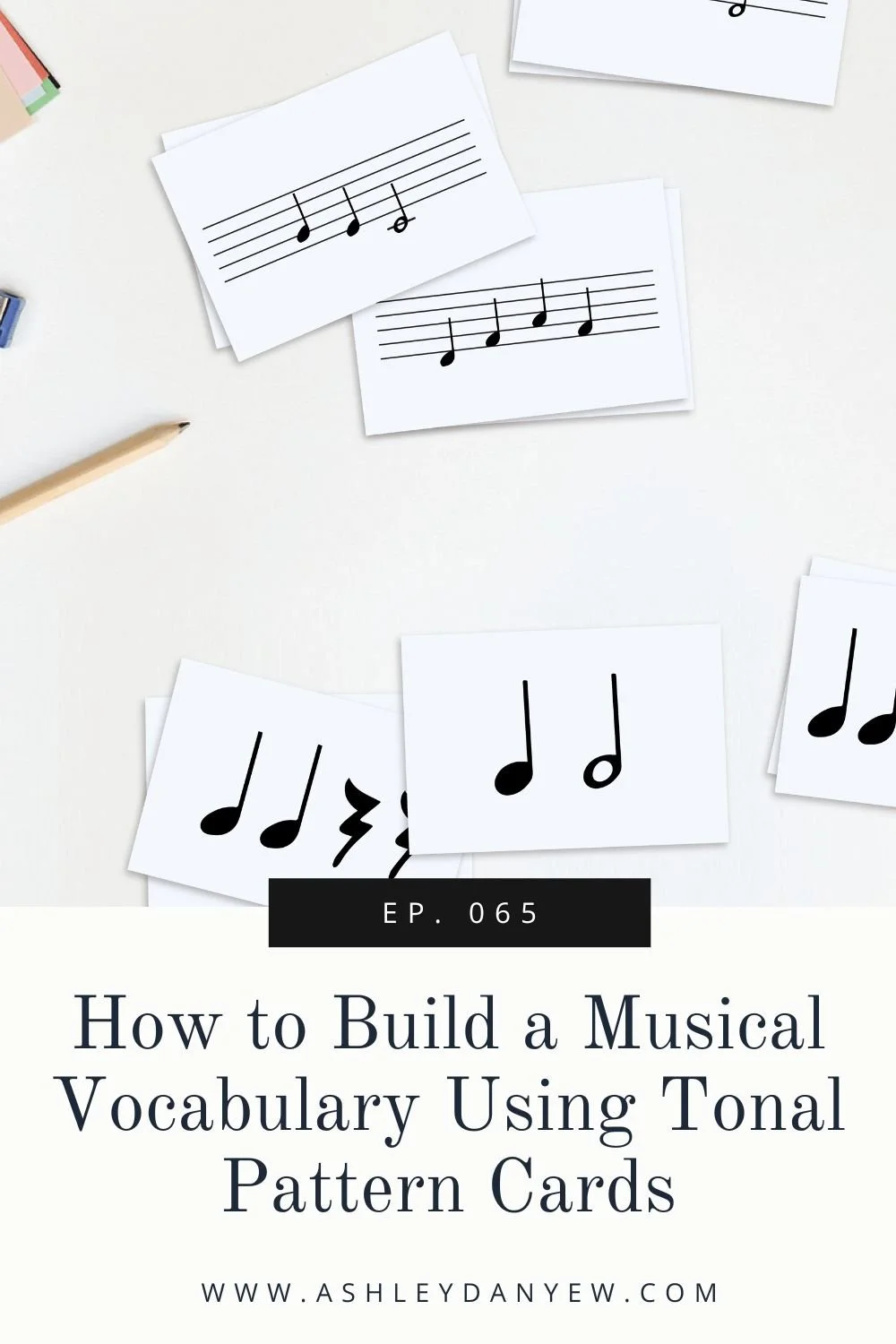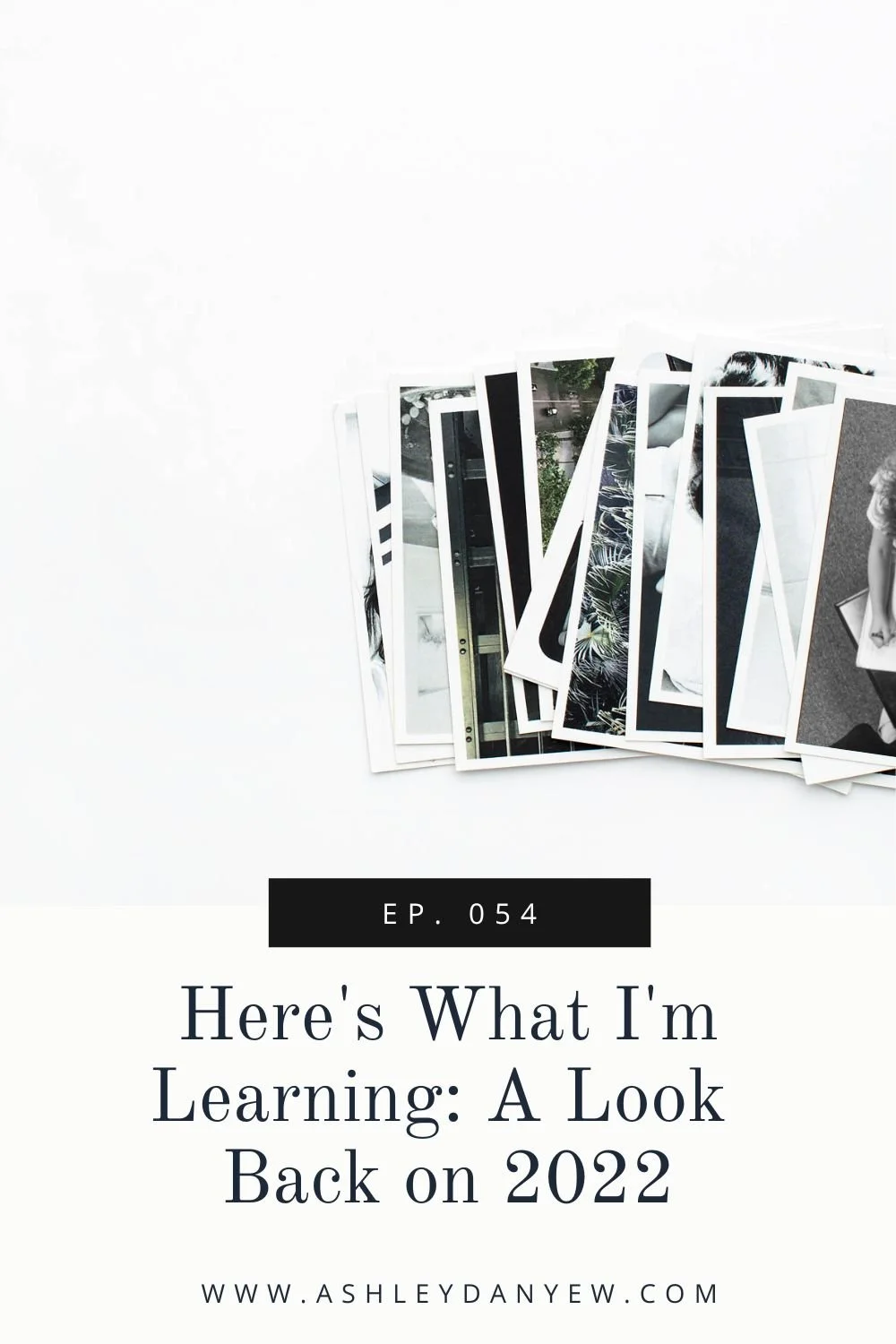Related Resources
*Disclosure: I get commissions for purchases made through some of these links.
How to Set Goals for Your Business (Musician & Co.)
Goal Setting Workbook (Emily Jeffords)
The Talent Code (Daniel Coyle)
Kartotek Simple Danish Monthly Planner Pad (The Foundry Home Goods)
Kartotek Simple Danish Weekly Planner Pad (The Foundry Home Goods)
"Maybe there's a happy little cloud that lives right there," he says as he brings the 1-inch brush to the canvas. And with small circular motions, it appears against the phthalate blue sky.
I've been watching Bob Ross lately, can you tell? His long-running TV show, The Joy of Painting was one of my favorites to watch as a child and I happily rediscovered it flipping through channels one evening over the break.
"Clouds are very free," he said, fluffing one with a dry brush. "And you paint them free. Paintings reflect what you feel," he said softly.
That's true for all art, isn't it? Visual art, dance, drama, music. It's a reflection of us — our experiences, our feelings, our curiosity, our dreams — mirrored back to us.
This is what the beginning of a New Year feels like.
I have to be honest: I have a love-hate relationship with goals. I’ve had years of setting detailed goals in categories like Business, Teaching, Professional, and Personal. I’ve set monthly goals and sometimes weekly goals to stay on track.
Other years, I’ve been happy with a few new habits and a book list. And that's where I'm finding myself this year.
I think we've all spent time reflecting on the experiences and feelings embedded in 2020 and pondering what might be in store for us in 2021. There's still a lot of uncertainty and a lot of unknowns. Though the calendar has changed, we're still in this weird in-between: anxious for change and fresh air and freedom (like the clouds) but still bound by what has been and limited by restrictions, the feeling of treading water in a phthalate blue-green expanse.
How do we plan and set goals for the year ahead when everything feels misty and grey? How do we change and grow when things around us are staying the same?
Today, I'm sharing a few helpful strategies and a glimpse at what my pseudo-goal-setting process looks like this year.
Goal-Setting for 2021
I did a poll on Instagram a few weeks ago about goal-setting: 74% of people said they set annual goals for themselves or their business and 26% of people said they don't set goals. Do those numbers surprise you at all? Maybe that's normal or maybe it's the nature of this year and the uncertainty everyone seems to be feeling.
I can relate to this, can you?
The truth is, I'm having a hard time planning what I want this year to look like because so many things are outside of my control. It's hard to predict where we'll be in a few months, let alone an entire year. Planning out in detail what I want things to look like or what I'd like to accomplish and giving myself a giant to-do list feels overwhelming. And possibly having to scrap everything in three months and start over feels like a waste of time.
Instead, I want to focus on how I'm feeling (or how I want to feel) and what my students may be feeling this year and use that as a starting point for any planning and goal-setting that I do.
If you're the kind of person who chooses a word of the year, maybe this is a good place to start. What does that word convey in terms of lifestyle or feeling or characteristic? Maybe a few related words come to mind as you picture this scene. Write those down, too. Together, these words tell the story of what you hope or anticipate or dream the year ahead will look like.
Here are four words I want to focus on as we begin 2021:
Present
I always feel a little numb this time of year. With the franticness of the holidays (even in a year like 2020), the end-of-year reports and checklists and to-dos, the grey days of winter stretching out before us, it's easy to switch into autopilot and stop paying attention to the details. It's a self-preservation thing, isn't it? But here in January, I want to remember what it feels like to be present.
In my studio, I want to let go of expectations for the sake of expectations, and be a little more spontaneous, a little more responsive, a little more in-the-moment. That means assessing and evaluating my teaching methods and the assignments I give my students. Asking, “Why is this important?” “Why is it useful?” “How will it help them develop musicianship?” This also means taking a few minutes before each lesson to plan a framework for our time together, which frees up my time in the lesson to listen, to watch, to observe and pay attention.
Clear
This is something I always seem to need in January. December always seems to bring an extra amount of stuff — decorations and cookies, Christmas catalogs and seasonal experiences. I mean, if you didn't drive around looking at Christmas lights on a weeknight, did you even have Christmas?
In January, I crave a simpler routine, simplified systems, a clear head, a clean and orderly home and workspace, an organized computer desktop, and inbox. This helps me feel clear-headed, it simplifies decision-making, and it helps me focus better. Perhaps my students feel the same way. How can I simplify their home assignment or our lesson routine? What tools can I give them for musical decision-making or to help them focus?
Curious
Bob Ross once said, "Exercising the imagination, experimenting with talents, being creative; these things, to me, are truly the windows to your soul." I want my students to experience these things through music. And honestly, I want to pursue them myself. Don't you?
For my students, this means building in time for play and experimenting in our lessons. It means listening to their improvisations when they first sit down and then discussing the different musical features they used. It means offering them creative challenges to help them think outside the box and try something they wouldn't normally do.
For me, this means building in time during the week for creative exploration, whether that's drawing or painting, or playing a piece for fun. It means writing a snippet of a story or going for a hike in a new place.
Some of these things may feel like they don't have anything to do with our work as musicians and educators, but they absolutely do! This is what sparks our imagination, inspires us to see things we might not otherwise see, hear things we might not otherwise hear. Staying connected to the act of creative exploration and play as professionals is essential to our work as teachers. And I find that creative exploration outside of music provides even greater inspiration and insight sometimes.
Rested
Tension headaches were so 2020, don't you think? I'd be perfectly happy to leave those behind in the New Year. That means taking a break when I need one, having some creative hobbies (like painting!) to help me relax and unwind, prioritizing my mental and physical health, and balancing my workweek so I still have just as much to give my Friday students as my Monday students.
It also means guarding my headspace: spending less time spent checking the COVID stats and less time on social media and cultivating a space for creativity, inspiration, and vision.
What about you?
How do you want to feel this year? What words resonate with you? How does this inform the choices you make personally and professionally, the way you spend your time, the things you prioritize, and the things you let go?
This January looks and feels very different than last January. It's okay if you feel stuck or if you feel tired already. Focus on how you're feeling (or how you want to feel) and let that be your starting point this week.
Bob Ross is adding mountains to the painting now — tall craggy peaks capped with snow. "You can do it," he says as the palette knife glides across the surface. "You can do it."






